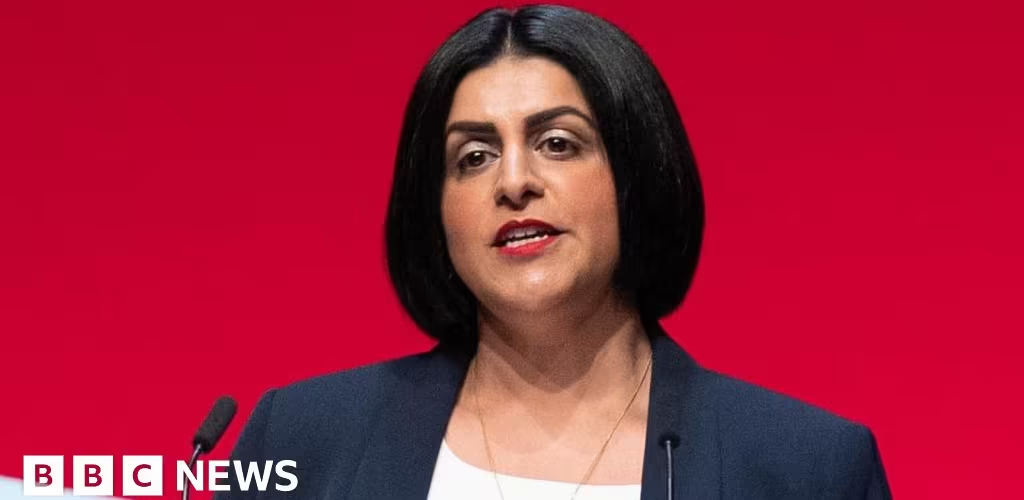What changes will be part of the UK's asylum reform?
BBC | 17.11.2025 13:56
Will the government's new asylum plans work?
Ten weeks ago Sir Keir Starmer sent Shabana Mahmood to run the Home Office precisely so that she would be radical in overhauling the UK's immigration system.
Mahmood's torrent of new policy announcements in recent days are certainly bold - from limiting refugees to temporary stays, to overhauling human rights law to help increase deportations, and threatening countries with visa bans unless they accept the return of criminals and illegal immigrants.
But the plans are controversial too. The Refugee Council, which supports asylum-seekers, says making refugee status temporary is both "highly impractical" as well as "inhumane".
Will Labour MPs vote for it?
The home secretary's team are delighted at the newspaper headlines and TV coverage their announcements have secured in recent days, yet they know that was the easy bit.
Persuading Labour MPs from all wings of the party to vote en masse for the plans is a far bigger challenge.
Backbench frustration over winter fuel payments and welfare reform led to embarrassing government U-turns. Will restive Labour MPs try to shift government policy yet again?
That may depend on whether a politician's constituency is under threat from Reform UK and Conservatives on the right, or the Liberal Democrats and Greens on the left.
Some ministers are already raising concerns about Mahmood's proposals in private, and sceptical MPs have started to speak out in public.
Rachael Maskell, a prominent critic of the government's botched welfare reforms, told me many of her colleagues are "seriously concerned".
She said the government is going in "completely the wrong direction" on immigration and its plans to change how human rights law is applied in the UK are a "step too far".
Another sceptical Labour MP, Brian Leishman, told me he had "big reservations" about the proposals, and cautioned ministers against "trying to copy Farage and Reform who only want to demonise people".
To minimise the prospect of parliamentary opposition, Mahmood has been meeting groups of Labour MPs in recent weeks to make what her allies call "the persuasive moral case for reform".
But privately they concede that it will be a difficult balance.
Partly because many in Labour are uncomfortable with both these policies and the accompanying rhetoric.
Both the Conservatives and Reform can sense those tensions and both are trying to capitalise on them.
Reform UK leader Nigel Farage even put out a statement to say something he knows Labour MPs won't like - "The home secretary sounds like a Reform supporter".
Farage and Conservative leader Kemi Badenoch both doubt these plans will even get through the Commons.
Will the proposals work?
The government is billing these changes as the most significant reforms to the asylum system since World War Two.
Oxford University's Migration Observatory says Mahmood's overhaul will make the UK's immigration system amongst the strictest countries in Europe.
But that doesn't mean the number of small boat arrivals will come down.
"This won't be the silver bullet and I think the government recognises that", argues Dr Peter Walsh, a senior researcher at the organisation.
"It is taking a broader approach, focusing on enforcement and return deals. Will people know about restrictions enough to deter them? We will have to wait and see."
Reducing "pull" factors and making the UK less attractive to migrants is a massive long-term battle.
In this fight the government is up against sophisticated people-smuggling gangs who have shown they can adapt fast.
The home secretary will be hoping her "throw the kitchen sink at it" approach gradually reduces arrivals and increases deportations.
Mahmood believes community cohesion across the country depends on it.
But so does her future and that of her government.



![Ouch! Springbok Manie Libbok collides with cameraman [video]](https://cdn.thefuse.co.za/images2/e/2/5/f/6/e25f6cc1-d255-3acb-aeb4-cd14eda3674b-1200x675.jpg)





